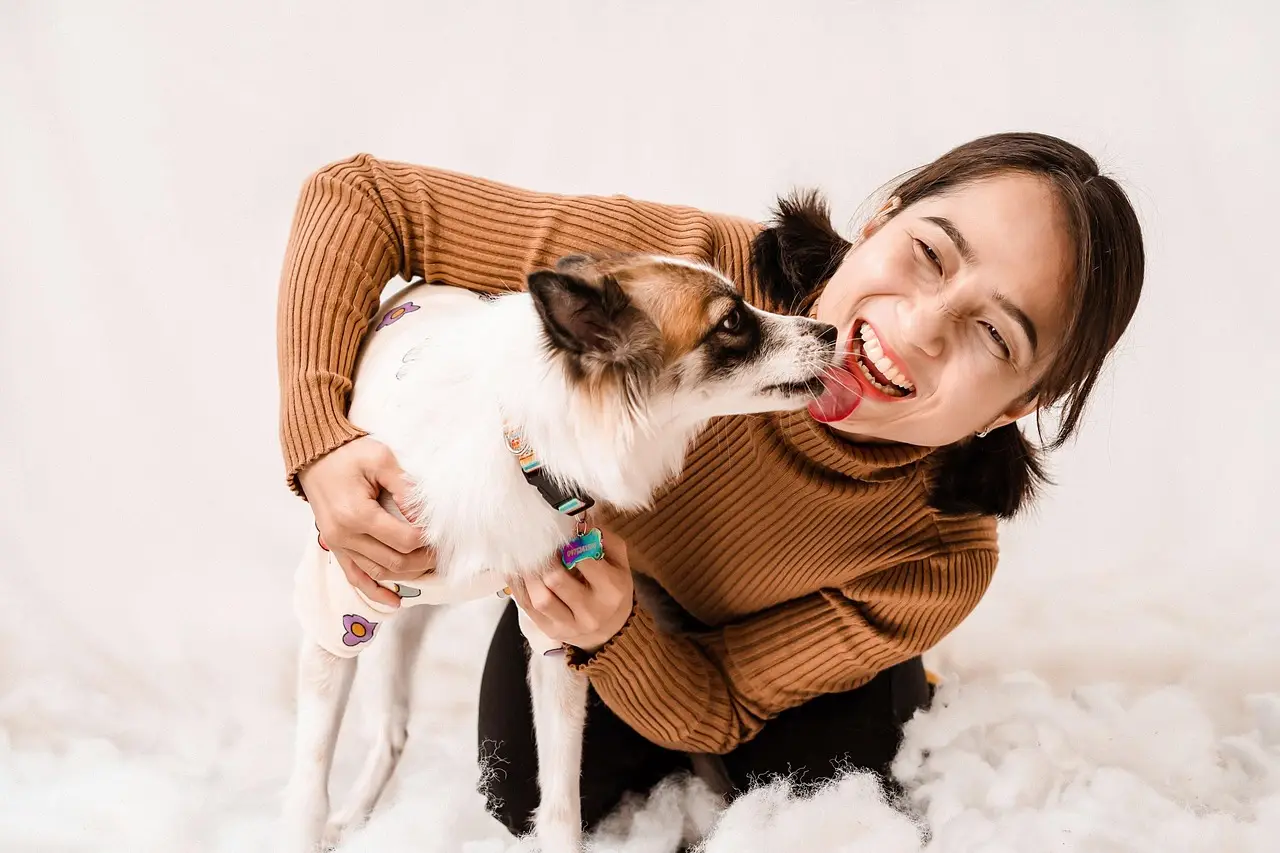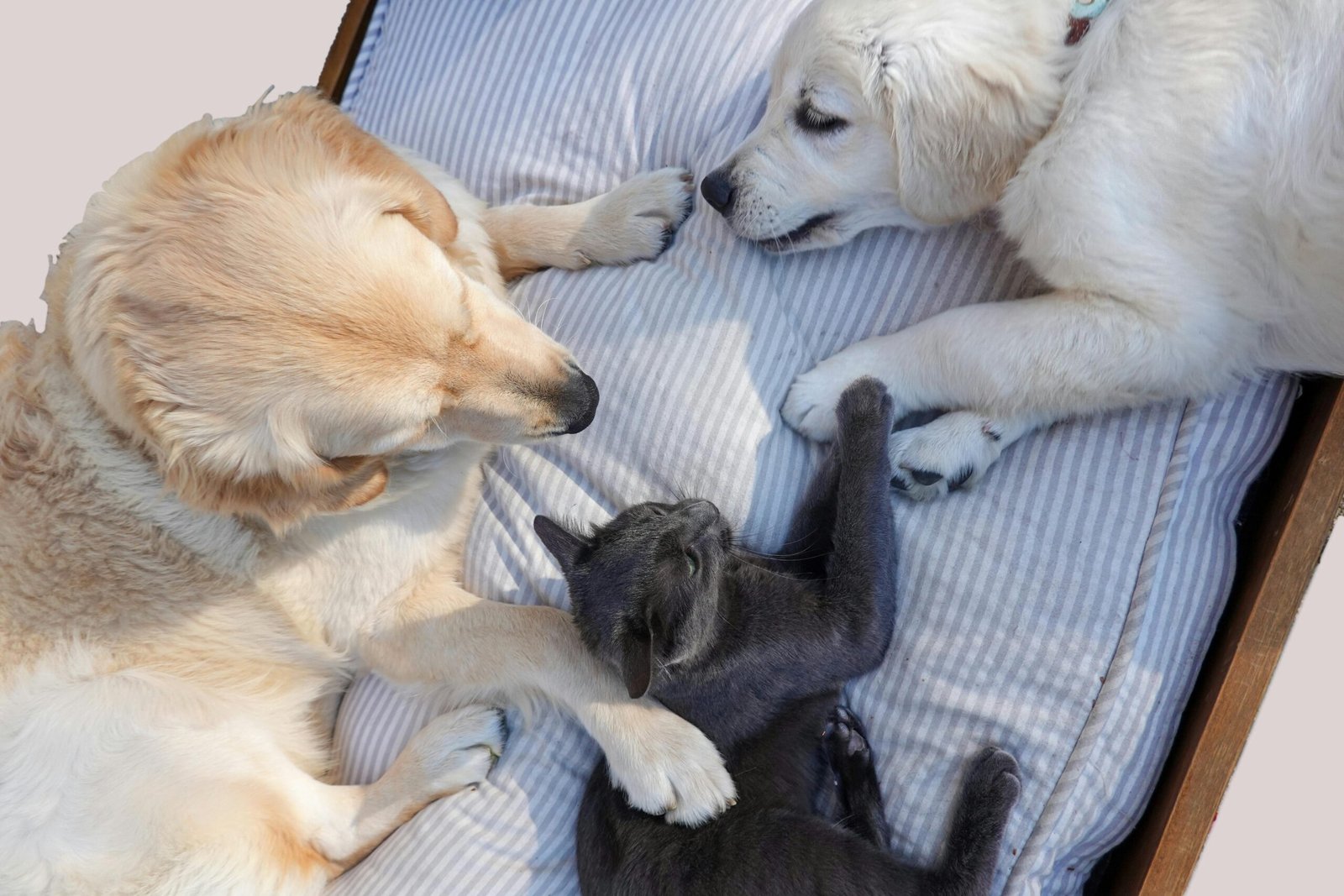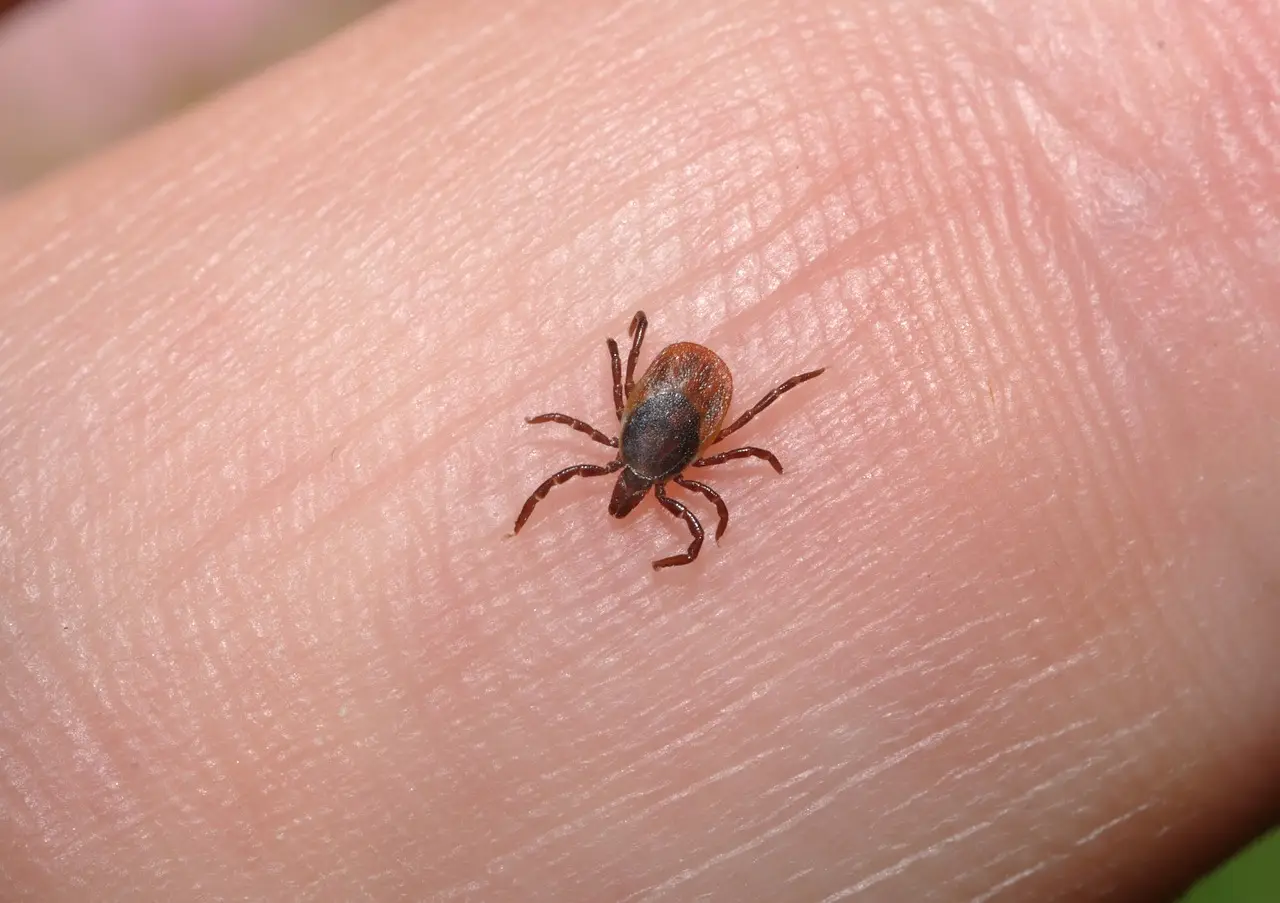Why Does My Dog Snore? That gentle (or not-so-gentle) rumbling sound emanating from your sleeping dog can be both endearing and slightly perplexing. Just like humans, dogs can be surprisingly enthusiastic snorers. While a little nighttime noise might seem harmless, understanding why your dog snores can provide valuable insights into their health and well-being. So, why does your furry friend sound like a tiny chainsaw in their sleep? Let’s explore the common and sometimes more serious reasons behind canine snoring.
The Mechanics of Dog Snoring: What’s Happening?
(Alt text: A close-up of a sleeping dog’s nose and mouth, with a gentle upward airflow illustration.)
Why Does My Dog Snore? Snoring occurs when the airflow through a dog’s nasal passages and throat is partially obstructed during sleep. As they breathe, the soft tissues in these areas vibrate, creating that characteristic snoring sound. The intensity and frequency of snoring can vary depending on several factors.
Common and Benign Reasons for Dog Snoring
Often, dog snoring is nothing to worry about and can be attributed to simple, everyday factors:
- Sleeping Position: Just like us, a dog’s sleeping posture can significantly impact their breathing. If they’re lying on their back, their tongue can relax and partially block their airway, leading to snoring. Encouraging them to sleep on their side might alleviate this.
- Breed Predisposition (Brachycephalic Syndrome): Certain breeds, particularly those with short muzzles and flattened faces (brachycephalic breeds) like Bulldogs, Pugs, Boxers, and French Bulldogs, are naturally more prone to snoring. Their compressed nasal passages, elongated soft palates, and narrow tracheas make them susceptible to airway obstruction.
- Minor Allergies or Irritants: Just like humans, dogs can experience mild allergies to dust mites, pollen, or other environmental irritants. These allergens can cause inflammation in the nasal passages and throat, leading to temporary snoring.
- Dry Air: Dry air can irritate the nasal passages and throat, potentially causing them to swell slightly and contribute to snoring. Using a humidifier in the room where your dog sleeps might help.
- Weight Gain: Excess weight can lead to fatty tissue buildup around the neck and throat, which can compress the airway and increase the likelihood of snoring.
- Age: As dogs age, their throat muscles may relax more during sleep, making them more prone to snoring.
When Snoring Might Indicate a Health Issue
Why Does My Dog Snore? While occasional or mild snoring is often harmless, persistent or loud snoring, especially when accompanied by other symptoms, could indicate an underlying health concern that requires veterinary attention.
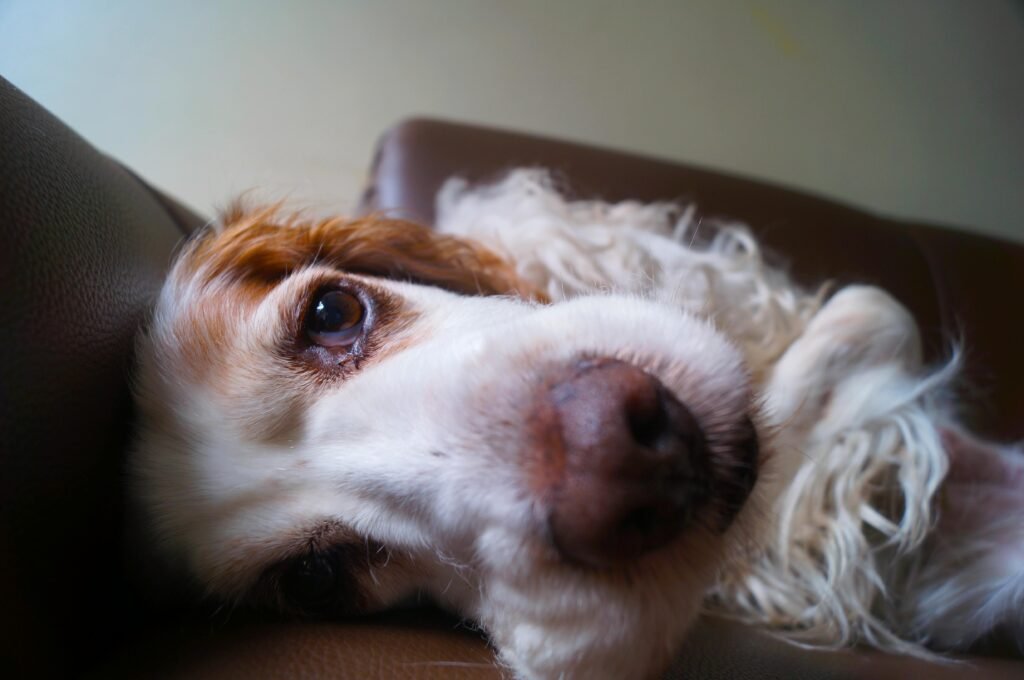
- Upper Respiratory Infections (URIs): Infections like kennel cough or the dog flu can cause inflammation and congestion in the nasal passages and throat, leading to increased snoring, coughing, sneezing, and potentially difficulty breathing.
- Nasal Polyps or Tumors: Growths in the nasal passages or throat can obstruct airflow and cause snoring. These may also be accompanied by nasal discharge, facial swelling, or difficulty breathing.
- Foreign Objects: Occasionally, a small foreign object can become lodged in a dog’s nasal passages, causing irritation and snoring.
- Dental Issues: In rare cases, severe dental infections or swelling in the mouth can affect the upper airway and contribute to snoring.
- Laryngeal Paralysis: This condition affects the larynx (voice box), causing it to not open fully during breathing. It can lead to noisy breathing, coughing, and sometimes snoring.
- Obstructive Sleep Apnea: While less commonly diagnosed in dogs than in humans, sleep apnea, characterized by pauses in breathing during sleep, can occur and may be associated with loud snoring.
Recognizing Warning Signs: When to Consult Your Veterinarian
Why Does My Dog Snore? It’s essential to pay attention to your dog’s snoring habits and be aware of any accompanying symptoms that might suggest a more serious issue. Consult your veterinarian if you notice any of the following along with their snoring:
- Sudden onset of loud or persistent snoring.
- Difficulty breathing, gasping for air, or pauses in breathing during sleep.
- Excessive daytime sleepiness or lethargy.
- Coughing, wheezing, or noisy breathing when awake.
- Nasal discharge (especially if it’s colored or excessive).
- Sneezing or reverse sneezing.
- Changes in appetite or drinking habits.
- Facial swelling or pain.
- Increased effort to breathe.
- Restlessness during sleep.
What Your Veterinarian Might Do
If you’re concerned about your dog’s snoring, your veterinarian will perform a thorough physical examination, paying close attention to their respiratory system and nasal passages. They may ask you questions about:
- The onset and frequency of the snoring.
- Your dog’s breed and age.
- Any other symptoms you’ve noticed.
- Their diet and weight.
- Their environment and potential exposure to allergens.
Depending on their initial assessment, your veterinarian might recommend further diagnostic tests, such as:
- Rhinoscopy: A procedure where a small camera is inserted into the nasal passages to visualize the area.
- X-rays of the head and chest: To look for abnormalities in the nasal passages, throat, or lungs.
- Blood tests: To check for underlying health conditions or infections.
- Allergy testing: If allergies are suspected.
- Laryngoscopy: Examination of the larynx.
- Sleep study (in rare cases): To assess breathing patterns during sleep.
Managing and Addressing Dog Snoring
The management of your dog’s snoring will depend on the underlying cause. Here are some general tips and potential treatments:
- Maintain a Healthy Weight: If your dog is overweight, work with your veterinarian to develop a safe and effective weight loss plan.
- Use a Humidifier: Adding moisture to the air can help soothe irritated nasal passages.
- Elevate Their Head: Propping up your dog’s head slightly during sleep might improve airflow.
- Encourage Side Sleeping: Gently position your dog to sleep on their side.
- Manage Allergies: Work with your vet to identify and manage any allergies through medication or environmental changes.
- Treat Underlying Medical Conditions: If the snoring is due to an infection, growth, or other health issue, your veterinarian will recommend appropriate treatment.
- Consider Surgical Options: In severe cases of brachycephalic syndrome or nasal obstructions, surgery might be recommended to improve airflow.
Conclusion: Listen to the Snores, Seek Veterinary Advice When Needed
While a little doggy snoring can be endearing, it’s important to be aware of the potential reasons behind it. By understanding the common causes and recognizing when snoring might indicate a health problem, you can ensure your furry friend is breathing comfortably and getting the restful sleep they need. If you have any concerns about your dog’s snoring, don’t hesitate to consult with your veterinarian. They can provide an accurate diagnosis and recommend the best course of action to keep your canine companion happy and healthy, day and night.

